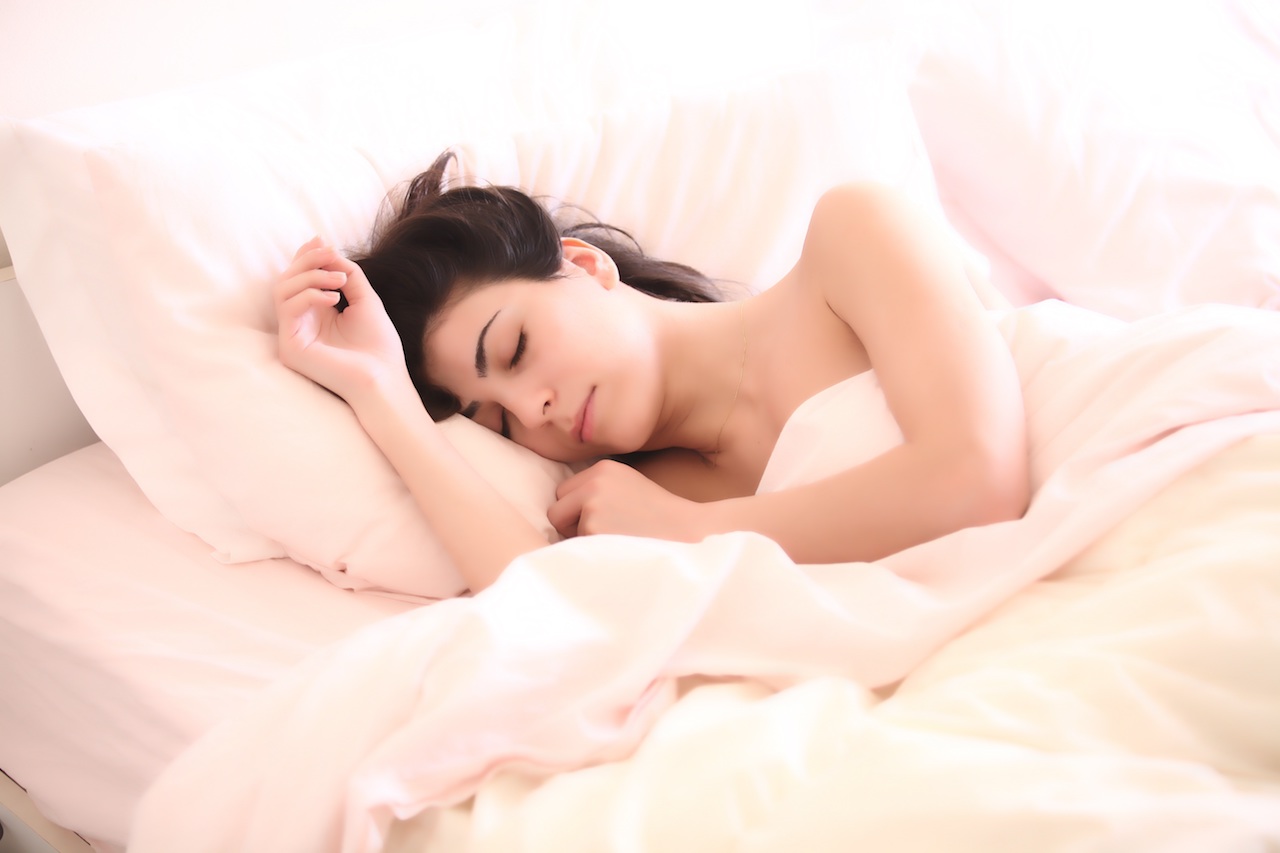No one can live without sleep and getting a good night’s sleep is an essential part of remaining healthy.
Curtin University sleep scientist Dr Kim Ward says sleep is as important to good health as eating and drinking.
“Sleep is essential to recuperate physically and mentally each day. Sleep of good quality, duration and timed correctly is important in order to feel refreshed upon waking.
“The average sleep need of adults is about 8.25 hours (ranging from seven to nine hours),” she said.
Older people need about the same amount of sleep as younger adults, but often they take it in two doses. Around 40 per cent of seniors take a nap of around half an hour in the middle of the day; the over 80s often nap for longer.
Naps contribute to the total sleep but take care not to sleep too long. An afternoon nap may improve night-time sleep, but it may also interfere with sleeping at night. This is often a problem if the nap is late in the afternoon or lasts longer than 15-20 minutes.
Many older people, especially women, take longer to get to sleep at night than younger people and 40 per cent have occasional bursts of insomnia.
“Sleep quality can be impaired by a range of medical conditions such as pain or sleep apnoea and environmental factors such as caffeine, cigarettes and alcohol. Sleep quality is best when it is timed in synchrony with night since our biological rhythms are geared to rest then,” she said.
Sleep scientists have found this is because older people make less of the hormone melatonin that promotes sleep. So they find it more difficult to drop off to sleep. Moreover other factors may interfere with sleep and cause them to awaken during the night.
These include the need to go to the toilet during the night and other medical problems such as arthritis that make it difficult to stay in one position for the whole night.
Many diseases, such as arthritis, osteoporosis, Parkinson’s disease, incontinence, indigestion, heart disease and lung diseases such as asthma or Chronic Obstructive Pulmonary Disease (COPD) can make it harder to sleep. Some sleep disorders are more common in older people, including sleep apnoea and periodic limb movement disorder.
Dementia can make sleep worse. People with these conditions are more confused at night and may wander around the house. Two thirds of nursing home residents have problems with their sleep, especially if there is not enough exercise or interesting activities during the day.
What to do about insomnia:
Establish a routine. Try to go to bed and get up at the same time each day. An alarm clock can help with this. Avoid sleeping in, even if you have had a poor night’s sleep and still feel tired. If you happen to wake early, think about getting out of bed and starting your day.
Use the bedroom only for sleeping and sex. Don’t allow a TV or computer in the room.
Avoid food and alcohol just before bedtime and especially bright lights, which suppress melatonin. Create a wind down routine of dim lights and possibly a warm drink.
If you can’t fall asleep after about 30 minutes get up, go to another room and do something quiet and restful in dim light like reading a book. Avoid your computer, mobile or TV. When you start feeling tired, go back to bed. If you still can’t fall asleep, get up again.
Dr Ward said sleeping tablets are safe to use occasionally but they don’t deal with the root cause of insomnia and can become addictive.
However doxylamine, sold over the counter by pharmacists claims to be non-addictive, but again should only be used for short periods.
“Sleeping tablets are not a long term solution but use them when you need to, for example when doing shift work or during periods of grief or stress.
“I limit caffeine after midday and drink camomile tea which seems to have a calming effect. Valerian is also sold as a herbal remedy for sleeplessness and is good for some people.”
As with most herbal remedies there is little research to confirm their efficacy.
“Melatonin peaks just before you are ready to sleep. Melatonin tablets may help with jet lag. I took them on a recent trip to a conference in New Zealand and felt fresh and awake when I arrived,” she said.
For more information contact your GP or the Sleep Health Foundation www.sleephealthfoundation.org.au



































